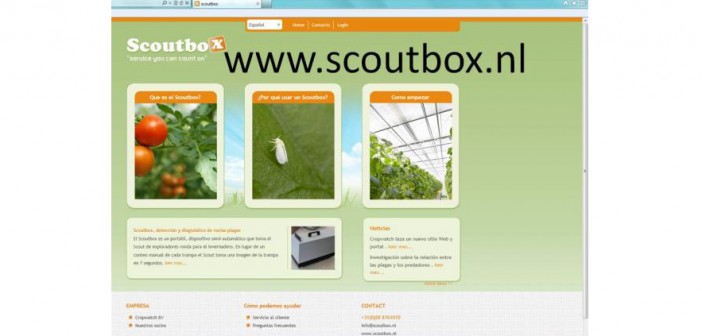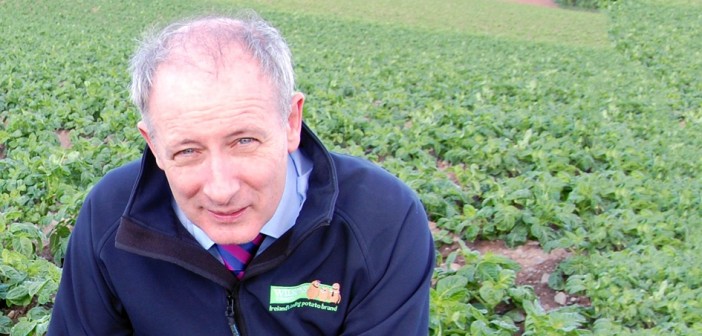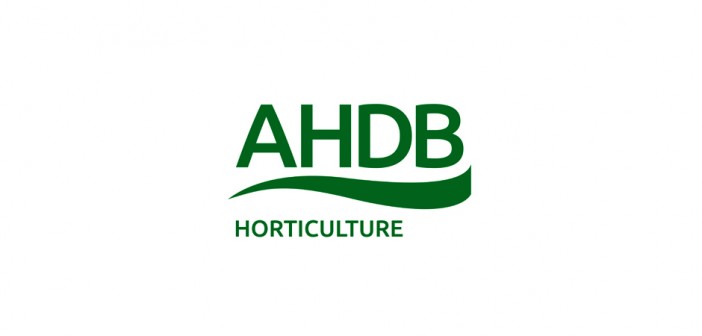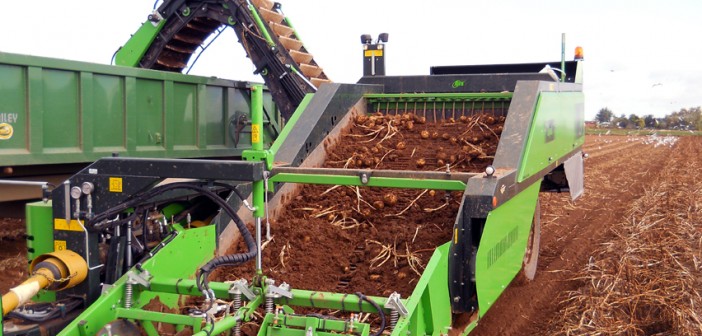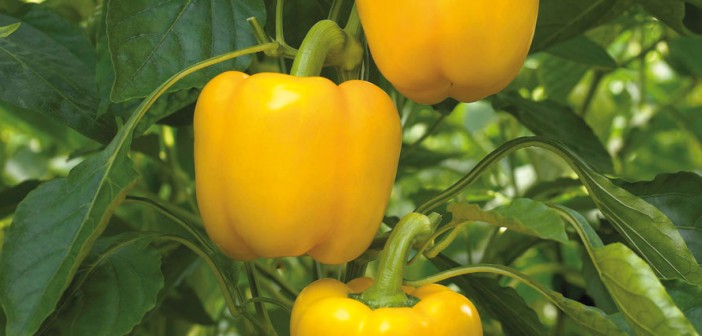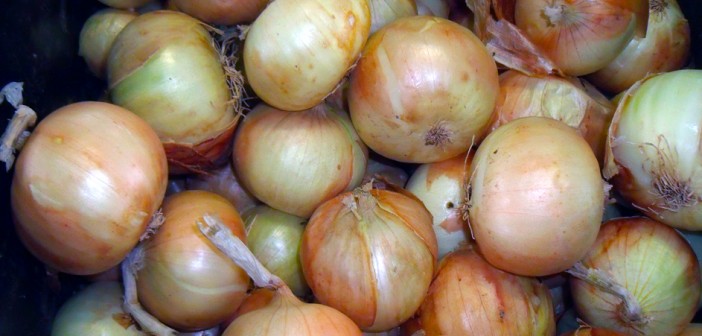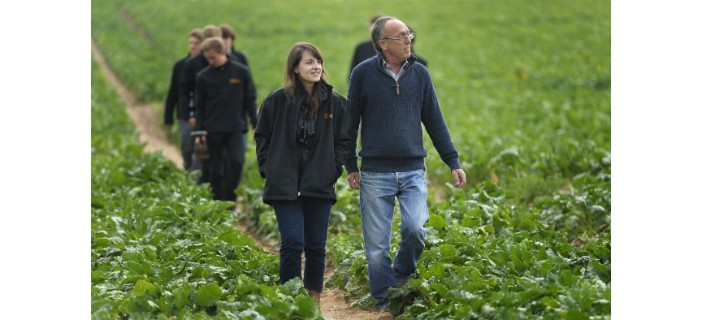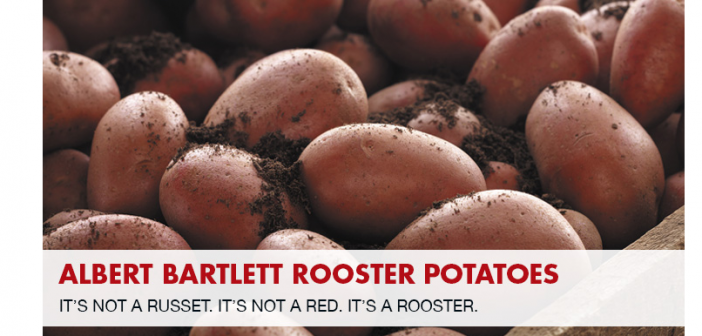Following the decision by Certis Europe to divest itself of its commercial sales business of beneficials in certain European countries, Koppert recently acquired the business for the UK, France and Italy. Certis says it will continue to sell its beneficial organism products elsewhere and develop integrated crop protection programmes for its customers in its other markets.
‘The acquisition of Certis Europe’s beneficials sales business in the UK, France and Italy, fits in well with our long-term strategy to further develop biological solutions for these important agricultural and horticultural countries,’ says Koppert Biological Systems’ Managing Director, Henri Oosthoek.
‘The negotiations with Certis were fruitful and coincide with Koppert’s mission to make agriculture healthier, safer and more productive for the better health of people and the planet. The transfer of business is underway and customers in these countries have been notified,’ he added.
Certis Europe is a leader in integrated pest management for the horticultural and specialty crop sectors. Its CEO, Mark Waltham, said: ‘We are excited to find in Koppert a potential partner that is the market leader in beneficial production and development and is therefore best placed to build on the excellent customer relationships Certis and BCP have developed with beneficial products over the last 20 years.’
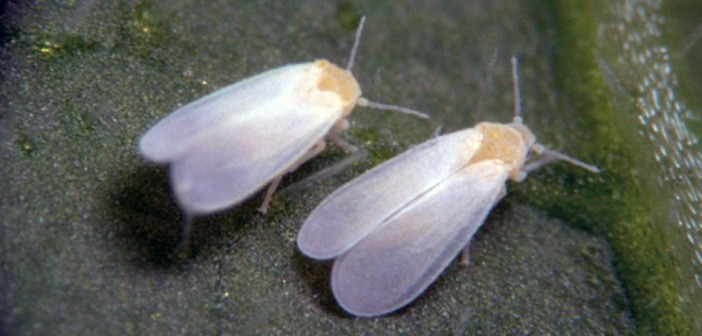
The post Koppert acquires Certis beneficial organisms business appeared first on Hort News.
